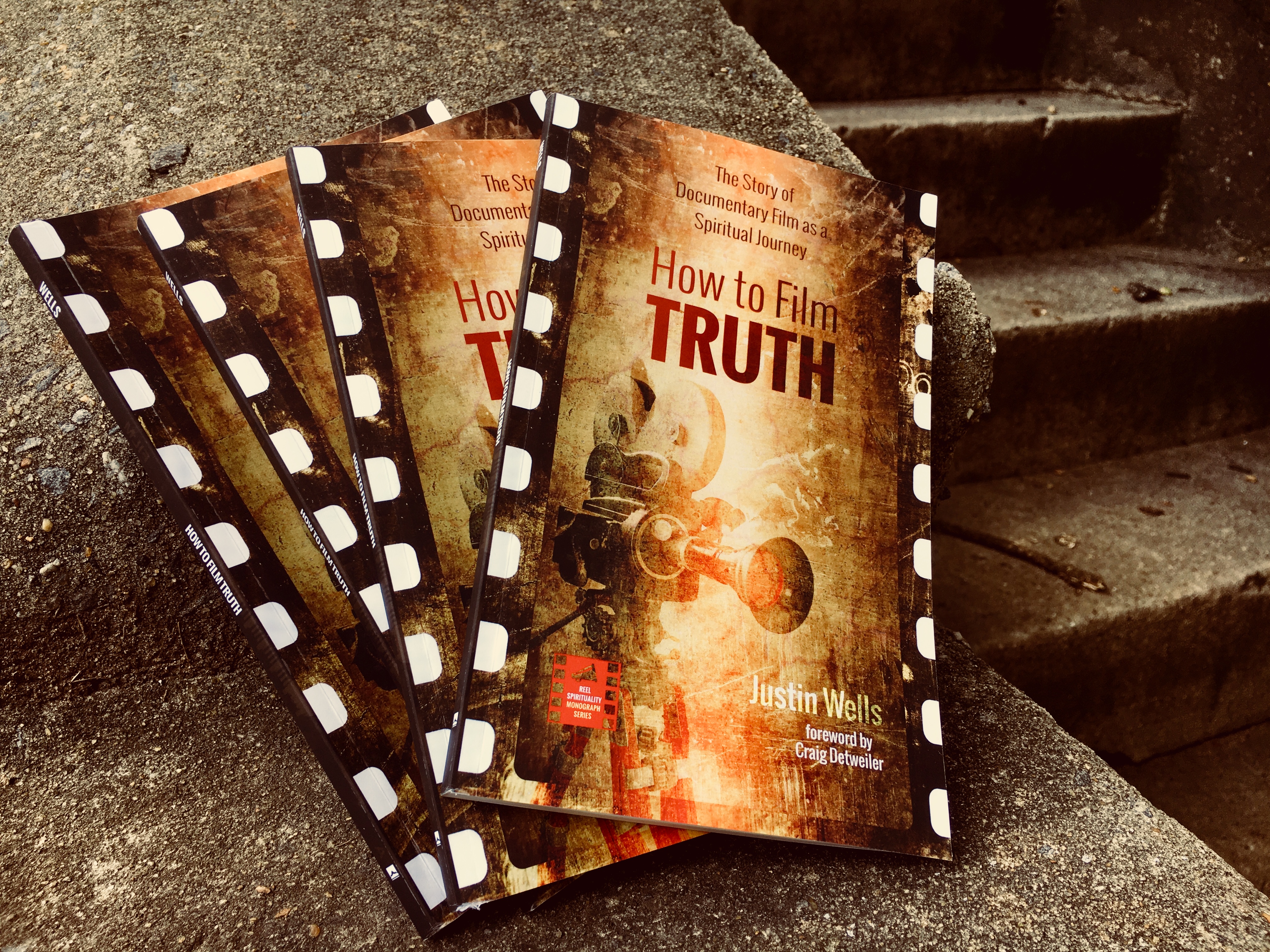Filmworker
There’s a great documentary you guys should all be watching out for, playing at the Melbourne Film Festival currently called Filmworker. It is the story of Leon Vitali, star of Stanley Kubrick’s “Barry Lyndon,” who gave up his promising acting career to work for Stanley as his right hand man behind the scenes on subsequent projects. Check out the film’s website here! http://filmworker.com/
